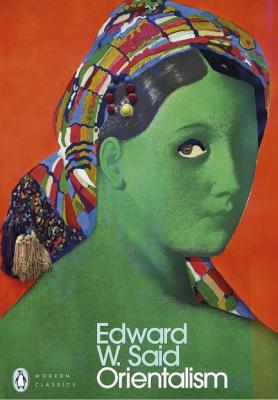The first part of this editorial (15 page PDF) offers an overview of the life and thought of Edward Said, best known for the book Orientalism, as he lives and studies the creation of the stereotypes and approaches to the Middle East that have been renewed and reiterated over the past two centuries. It's not hard to see this caricature in the literature of, say, the 1940s and 50s. It's more subtle today. But it is still possible to see the lines drawn in text, as arbitrary as the borders on the map, that erase indigenous identities and meanings. Erasing this sort of colonialism isn't simply a matter of drawing new lines: "true resistance, Said contends, requires moving beyond essentialised identities like 'Islam' or 'the West'. Instead, Said advocates a cosmopolitan vision, where one's local identity is just one layer in a broader, open engagement with the world. He argues that in today's interconnected world, no one is solely defined by a single label – 'Indian', 'Muslim', or 'American'. These categories are starting points, not endpoints, as imperialism has left a legacy of blended identities that challenge pure, exclusive labels."
Today: 0 Total: 423 [] [Share]




